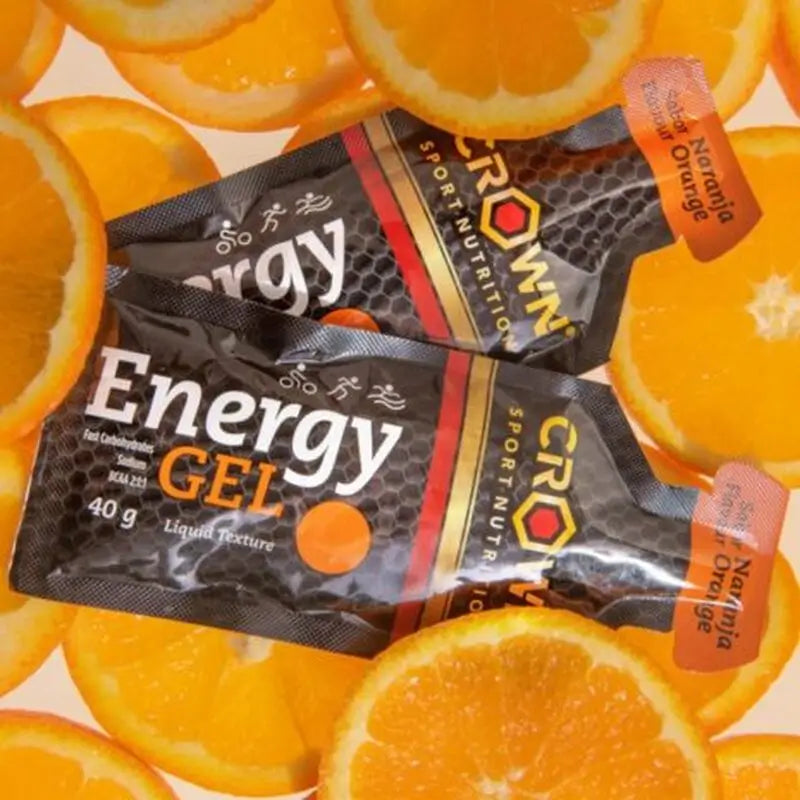Free Shipping on purchases over €100


They are technical energy gels with a large amount of different types of carbohydrates for rapid and sustained absorption, salts to help hydration and amino acids (BCAA and others) to optimise performance. They have a liquid texture that will not be difficult to swallow and will minimise gastrointestinal problems.




We use our own and third party cookies for strictly functional purposes, allowing navigation on the website, as well as for analytical purposes, to show you advertising (both general and personalized) based on a profile drawn up from your browsing habits (e.g. pages visited), to optimize the website and to be able to assess the opinions of the products purchased by users.to manage or disable these cookies click on Cookies Settings. You can find more information in our cookie policy.
We use cookies and/or similar technologies that store and retrieve information when you perform a search. These cookies may be about you, your preferences or your device. They are mainly used for the proper functioning of the web pages, generally this information does not directly identify you, but can provide you with a more personalized web experience. All cookies on this website are disabled by default, except for technical cookies which, as we indicate in the corresponding section, are necessary and cannot be disabled on our systems. The user can define his preferences regarding cookies by clicking on the different headings of each category, as well as obtain more information about each category of cookies. If you do not authorize the download of certain types of cookies, please note that your browsing experience on the website may be affected and the services we can offer you through the website may also be affected.
These cookies are necessary for the website to function and cannot be disabled on our systems. They are usually set to respond to actions made by you to receive services, such as adjusting your privacy preferences, logging into the site, or filling out forms. You can set your browser to block or alert you to the presence of these cookies, but some parts of the website will not function. These cookies do not store any personally identifiable information.
| Nombre | Host | Duración | Tipo | Descripción |
|---|
These cookies are for statistical use and allow us to check your behavior on our website.
| Nombre | Host | Duración | Tipo | Descripción |
|---|
They are those that allow the management, in the most efficient way possible, of the advertising spaces that, where appropriate, the publisher has included on a web page, application or platform from which it provides the requested service based on criteria such as the edited content or the frequency with which the ads are displayed.
| Nombre | Host | Duración | Tipo | Descripción |
|---|